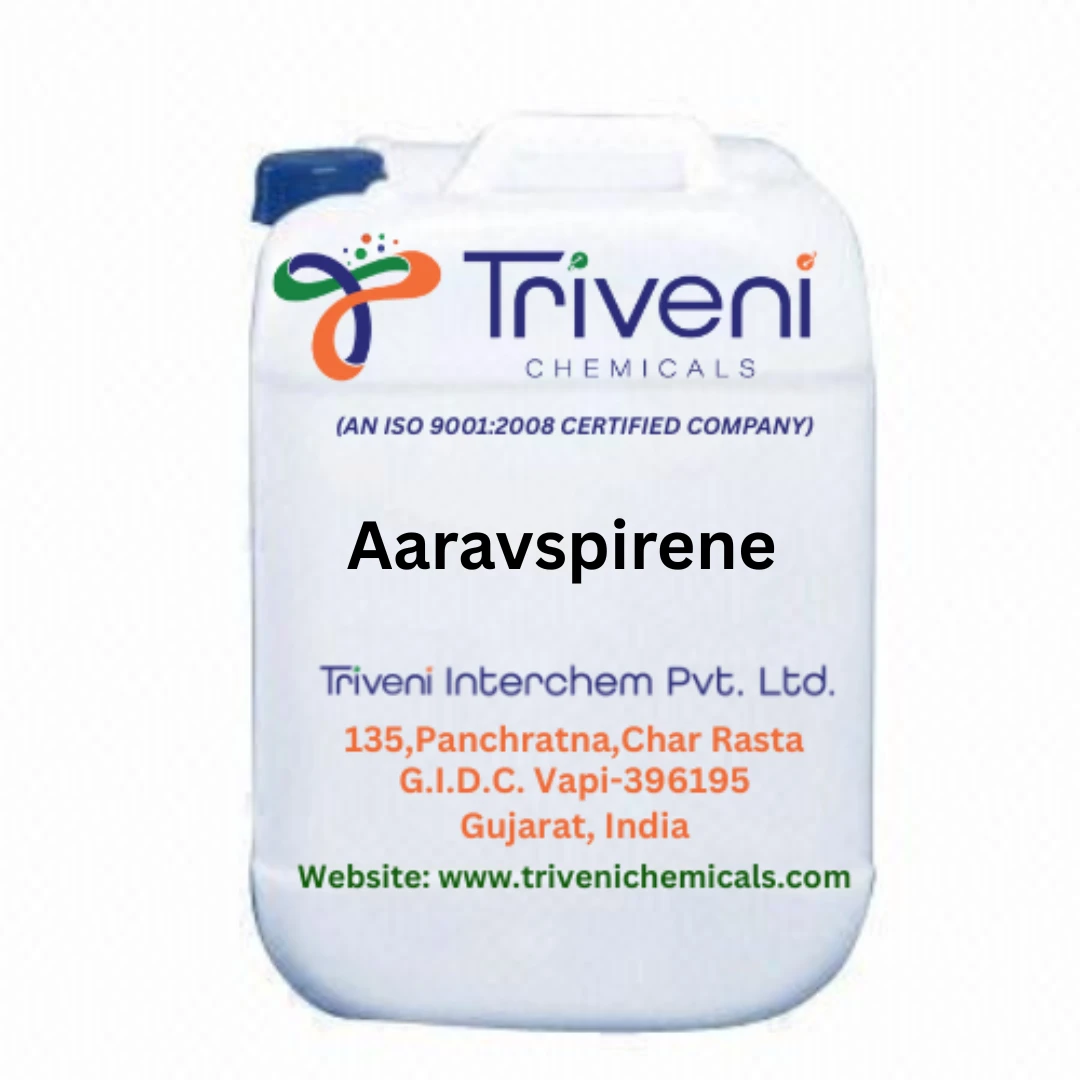The cornerstone of treating hypertension, a disorder marked by consistently high blood pressure, is the use of antihypertensive drugs. By decreasing blood pressure through a variety of methods, these drugs also lessen the chance of cardiovascular problems like heart attacks, strokes, and renal disease. Antihypertensive medications fall into a number..
The cornerstone of treating hypertension, a disorder marked by consistently high blood pressure, is the use of antihypertensive drugs. By decreasing blood pressure through a variety of methods, these drugs also lessen the chance of cardiovascular problems like heart attacks, strokes, and renal disease. Antihypertensive medications fall into a number of types, each having a distinct mode of action and possible adverse effects. Angiotensin-converting enzyme (ACE) inhibitors are a type of antihypertensive medications that are often administered. These drugs prevent angiotensin I from becoming angiotensin II, a strong vasoconstrictor that lowers blood pressure and causes vasodilation. Lisinopril, enalapril, and captopril are a few ACE inhibitors. ACE inhibitor side effects that are frequently experienced include angioedema, hyperkalemia, and dry cough. Angiotensin II receptor blockers are a different class of antihypertensive medications (ARBs). Vasodilation and a drop in blood pressure are the results of angiotensin II's action at its receptors, which is blocked by ARBs. Losartan, valsartan, and irbesartan are a few ARBs. When ACE inhibitors cause unbearable side effects, such coughing, patients are frequently prescribed ARBs instead of the latter. Antihypertensive drugs that are also frequently utilized are calcium channel blockers (CCBs). These medications prevent calcium from entering vascular smooth muscle cells, which relaxes the arteries and lowers peripheral resistance. Blood pressure is reduced as a result of this. Diltiazem, nifedipine, and amlodipine are a few CCBs. Constipation, vertigo, and peripheral edema are possible CCB side effects. Another class of antihypertensive drugs that function by preventing the heart's reaction to adrenaline is called beta-blockers. This lowers the heart's contractility and pace, which lowers blood pressure. The beta-blockers atenolol, propranolol, and metoprolol are a few examples. Beta-blockers may cause fatigue, vertigo, and erectile dysfunction as side effects. When treating hypertension, diuretics are frequently the first-choice medication. Because these drugs cause the body to excrete more water and sodium, the blood volume is reduced, which in turn lowers blood pressure. Diuretics include spironolactone, furosemide, and hydrochlorothiazide. Dehydration, increased urination, and electrolyte imbalances are possible side effects. To sum up, antihypertensive drugs are essential for controlling hypertension and lowering the risk of heart-related issues.
- Antihypertensive – Lowering high blood pressure efficiently, often used with Antimetabolites.



